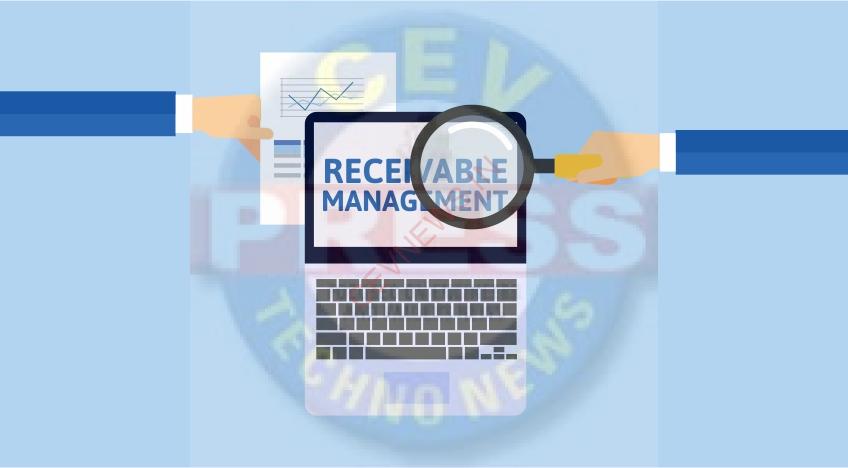RECEIVABLE MANAGEMENT- ALL YOU NEED TO KNOW
The receivables account is also called the bills receivables and consists of transactions with people to whom one offers services or goods on a credit basis. It also comprises businesses or clients from whom the business is money owed because of the credit facilities availed for business purposes. The accounting language calls such firms, clients, parties, companies Sundry Debtors. These can consist of cash receivables, trade receivables etc., and are an asset to the firm.
Receivable Management:-
The receivable management definition can be said to be the management of accounts not just for the receivables but also of the entire process of defining the policy on credit and deciding payment terms. It also consists of ensuring the timely collection of payments and dues, sending follow up letters and reminders for timely payments, which are essential areas of managing the account receivables.
The accounts receivable management process typically follows some steps listed below:
- Customer invoicing mentioning credit policy and date due.
- Recording transactions with their due dates.
- Monitoring the due through a collection and follow-up schedule.
- Generating bills that are overdue and bills due chronologically.
- Sending letters of reminder with bill details and due date.
- When payment is received, a receipt, adjustment entry and sales account are to be recorded accordingly.
- If cash discounts are allowed for early payment, a suitable adjustment entry is reflected in the accounts under the receivable account.
Motives or Purposes of Maintaining Receivables:
(i) Sales Growth Motive
The main objective of credit sales is to increase the total sales of the business. On being given the facility of credit, customers who have shortage of cash may also purchase the goods. Therefore, the prime motive for investment in receivables is sales growth.
(ii) Increased Profits Motive
Due to credit sales, the total sales of business increase. This, in turn, results in increase in profits of the business.
(iii) Sales-Retention or Meeting Competition Motive
In business, goods are sold on credit to protect the current sales against emerging competition. If goods are not sold on credit, the customers may shift to the competitors who allow credit facility to them.
Impact and objectives of receivable management
The importance of receivables management is linked to your flow of cash which is the bloodline of any enterprise. Efficient functioning of receivables management deals with controlling and planning of recovering the dues in the accounts receivable and ensuring a transparent, accurate record of all financial transactions in the bills receivables account. For instance, a sale is successful only when the customer buys your product and pays for it, so also it is with credit sales. However, until the payment is received, the amount due gets reflected in the bills receivable account.
Another reason why receivable management is crucial is that the accounts receivable, when reflected in a financial statement, denotes what percentage of your sales are on credit. When the figure is large, it implies inefficient handling of cash flow. It is worth noting that until the payment is received, you are paying to carry costs of the goods sold and interest on your working capital, which is offered free of interest to your clients, albeit for short periods. Hence, the health of your business is affected, and your working capital gets tied up for longer periods.
Receivables management tracking is possible from the records of the bills receivables account, which tells you how much is due, when it is due and from whom it is due. It is important to ensure timely collections of the receivables because otherwise, your cash flow is impacted. To ensure efficient management, you need to place an efficient credit management system or CMS in place.
Scope of receivable management
When you do sales on credit, you would certainly need to keep track of the due amounts that your parties owe you. All such dues from your parties will be your outstanding receivables. Managing the outstanding receivables can be critical to your business because it not only helps to understand how much your parties owe you, but also helps you to recover the dues on time and use it for your business, as needed.
- Record and track dues
- Use credit period
- Keep a close eye on long-pending bills
- Payment performance of your customer
Managing accounts receivables efficiently will benefit the business in several ways. The most important is the increased cash inflow by a faster realization of sales to cash. It also helps you to build a better relationship with your customer by not having discrepancies in pending bills and mitigates the risk of bad debts. All these require you to be top of your account’s receivables and you can easily achieve this by using accounting software. It helps you track, monitor, and on-time action on overdue/long-pending bills resulting in an increased inflow of cash that is essential for business growth.

